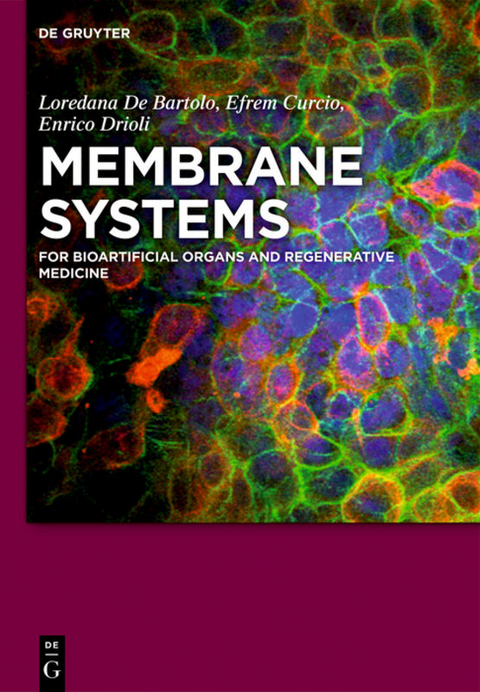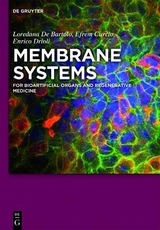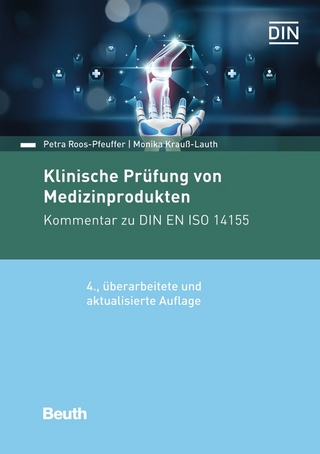Membrane Systems
Loredana De Bartolo,University of Calabria, Rende, Italy; Efrem Curcio, University of Calabria, Rende, Italy; Enrico Drioli, University of Calabria, Rende, Italy.
1. Natural and Synthetic Membranes
Biomedical Polymers
Preparation Techniques
Membrane Configurations
Characterization of Membrane Properties
Sterilization Procedures
2. Basic Issues in Membrane Separation for Biomedical Devices
Driving Forces in Molecular Separation
Transport through Microporous Membranes
Transport through Dense Membranes
Performance Parameters
3. Membrane Artificial Organs
Bioengineering Principles
Hemodialyser
Hemofilters
Plasmafilters
Blood Oxygenator
4. Biocompatibility Assessment
Membrane Trombogenicity
Complement Activation
Activation of Leukocytes
Inflammation Reaction
Bioincompatibility Aspects
5. Engineering of Membrane Biohybrid Organs
Modelling of Mass Transfer
Computational Fluid Dynamics Analysis
Analysis of Metabolic Kinetics
Configuration of Membrane Devices
6. Membrane Biohybrid Organs
Design Concepts
Liver
Pancreas
Kidney
Lung
Cardio-vascular devices
7. Citocompatibility Assessment
Cell Response
Protein Adsorption
Cell-Membrane Interactions
Role of Membrane Properties on Cell Arrangement and Organization
Evaluation of Tissue Compatibility
8. Regulatory and Ethical Issues
Regulatory of Biomedical Membrane Devices
Ethical Issues
| Erscheint lt. Verlag | 12.6.2017 |
|---|---|
| Zusatzinfo | 109 col. ill., 50 b/w tbl. |
| Verlagsort | Berlin/Boston |
| Sprache | englisch |
| Maße | 170 x 240 mm |
| Gewicht | 650 g |
| Themenwelt | Medizin / Pharmazie ► Physiotherapie / Ergotherapie ► Orthopädie |
| Technik | |
| Schlagworte | Bioartificial Organs • Biomaterialien • biomedical technology • Chemische Technik • Materials Science • Materials Science; Biomedical Technology; Regenerative Medicine; Molecular Biology; Bioartificial Organs • Materialwissenschaften • Membran (Biologie) • Molecular Biology • Regenerative medicine • Regenerative Medizin |
| ISBN-10 | 3-11-026798-5 / 3110267985 |
| ISBN-13 | 978-3-11-026798-3 / 9783110267983 |
| Zustand | Neuware |
| Informationen gemäß Produktsicherheitsverordnung (GPSR) | |
| Haben Sie eine Frage zum Produkt? |
aus dem Bereich




